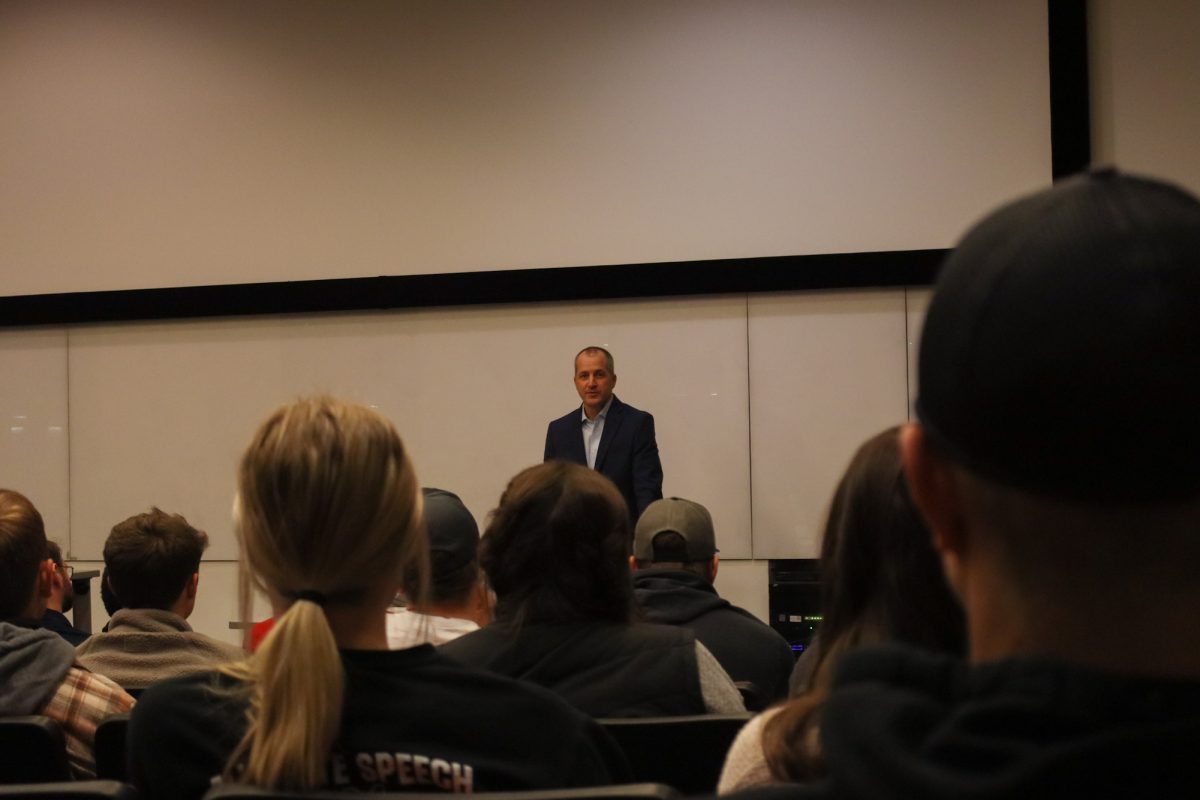Not enough space on earth?
November 5, 1996
Gretchen Daily, Bing Interdisciplinary Research scientist in the Department of Biological Sciences at Stanford University, shared her views on the world population crisis with Iowa State students and Ames residents Monday night in the Sun Room of the Memorial Union.
Daily discussed where she thinks human population, culture and society stand with respect to the earth’s carrying capacity.
She said no one knows exactly how long it will take before we reach the carrying capacity of the earth.
She made the analogy that trying to avoid environmental catastrophe is “kind of like trying to slow a supertanker. You can put the brakes on now, but it is a long time before you actually slow the progress.”
She said scientists know social and economic factors are most important to slowing population growth. Policy-making needs to change so social and economic conditions favor small family sizes. Protecting the environment must be profitable to affluent corporations.
“Impact is not only generated by growth of population, but also growth of affluence,” she said. “The rich are globally having about twice the impact than the much more numerous poor.”
One of the biggest problems is land degradation, Daily said.
She said this degradation is sometimes concealed. Land degradation in southeast Asia is manifested by the taking over of once arable land by weedy species that “preclude the production of crops on that land.”






